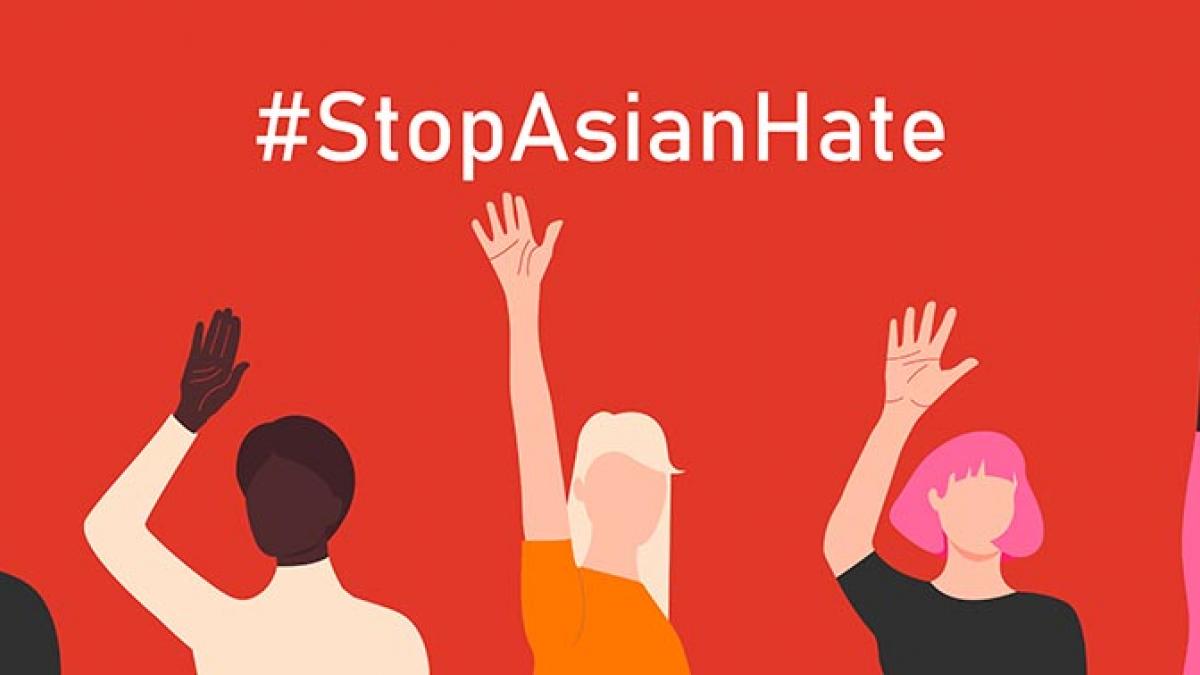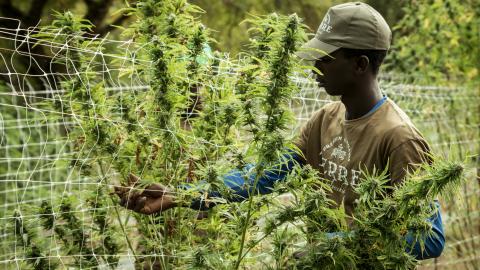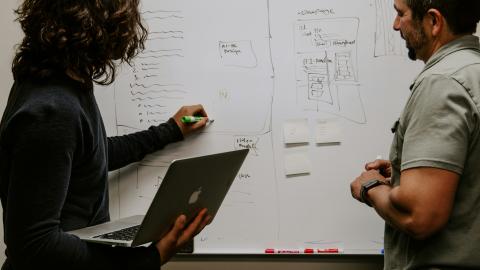
March 22, 2021
Xiaojie Tan. Daoyou Feng. Soon Chung Park. Hyun Jung Grant. Suncha Kim. Yong Ae Yue. Delaina Ashley Yaun. Paul Andre Michels.
These are the victims whose lives were brutally taken on March 16, 2021. We grieve for them alongside their families and communities. We stand in solidarity.
Hate crimes against Asian Americans and Pacific Islanders (AAPI) are clearly on the rise, fueled by racism and xenophobia. While the COVID-19 pandemic has spurned recent attacks on and killings of individuals of AAPI descent, there has been a long history of discrimination against AAPIs in the U.S. We condemn these acts and the racist ideology that motivates them, as well as perpetuates the scapegoating, stigmatizing, targeting, and dehumanizing of AAPIs.
The NWCOHS is dedicated to protecting and improving the health and well-being of all workers. The killings in Atlanta reflect the interconnectedness of racism, nativism, sexism, and classism -- as social determinants of inequity -- that creates and intensifies disparities in occupational health and safety. According to 2018 data from the Bureau of Labor Statistics, victims of workplace violence are predominantly female (71%).1 Additionally, a recent study using data from the Census of Fatal Occupational Injuries (2011 to 2015) finds that non-robbery workplace homicides are on the rise, accounting for nearly 50% of workplace homicides, and perpetrators are most often customers and co-workers.2 The workplace is embedded within society, and how society is structured determines where people find employment and the conditions of their workplace. As occupational health and safety professionals and scientists, we have a role and responsibility -- as advocates of worker well-being -- to oppose all forms of oppression and inequity, including promoting anti-racism, for the health and safety of workers.
We call on all to attend the upcoming University of Washington Worker Memorial Day Annual Ceremony to recognize and honor Xiaojie Tan, Daoyou Feng, Soon Chung Park, Hyun Jung Grant, Suncha Kim, Yong Ae Yue, Delaina Ashley Yaun, Paul Andre Michels, and other workers who lost their lives in the workplace; but also to take note of how societal injustices continue to put workers at risk.




